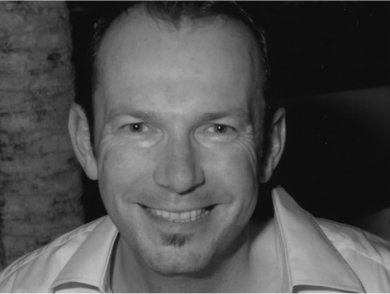Progress and development were key terms of the European’s self comprehension at the end of the 19th century. Academics were convinced that science would be able to explain the world within the blink of an eye and that it, together with technical progress, would make human life easier and more secure in every imaginable field.
The rapid development of industry, science and transportation as well as the intensive trade with the colonies helped to make groceries affordable for a wide range of people at the beginning of the 20th century. The most important food imports from tropical and subtropical countries were rice, sugar (colonial sugar), coffee, tea, cacao and spices. Accompanying implications of the fall of prices were food adulterations, a widely spread evil, which dramatically increased despite legal efforts. Sugar, for example, was corrupted with flour, the cream was removed from milk and the milk diluted with water, honey was tainted with syrup and butter with margarine. A lot more wine from specific regions was on the market than the areas concerned produced. Tea leaves were dyed, weighted with powder or blended with used and dried tea leaves. Ground coffee was blended with sand and roasted wheat. Cacao and chocolate often contained considerable amounts of starch, flour, suet and chalk.
Since 1894 professionals with the designation “Nahrungsmittelchemiker” are known in Germany, who examined the purity of food. This discipline was similar to present day food chemists. According to contemporary law, a retailer, who ignorantly sold butter containing margarine, could be punished but not the wholesaler, who delivered this “extended” butter. Because of these injustices a couple of countries initiated the European Federation for a permanent chemical food control. Members of this federation subordinated themselves voluntarily to the regular supervision of an investigation authority; this allowed them to use a quality brand for their products.
Where are we now, more than a hundred years later? Generally, in the past, a higher fraction of one’s salary had to be spent on food than today. Groceries are, compared with the situation a hundred years ago, often compositions of many different ingredients and additives. Because of an almost boundless global trade, we are today more than ever in contact with goods from foreign countries. Can these foods be eaten without hesitation and are the imported groceries both genuine and uncorrupted? The safety of food and the examination of their authenticity are important questions in the evaluation of victuals.
To understand modern, innovative methods of analysis and classical, conventional procedures, and to use them in a methodical and strategic way, are key responsibilities of a modern food chemist. But also the knowledge of metabolic processes after ingestion – talking about so called “Lifestyle diseases” which are emerging with greater frequency such as type 2 diabetes or obesity – are important fields for a food chemist but different from those a century ago. Because of discoveries gained through experiments, food scientists are continuously developing new qualified standards to evaluate the quality of food and to analyse contaminations which may occur from the environment or result from production or storage. In the field of food production, food chemists are responsible for the quality of raw materials, semi-finished and final products, in the field of food surveillance – as over hundred years ago – for the determination of adulterations, misleading and deceit.
Competence in food today means to optimize constantly the available methods, especially in the field of trace analysis, and their efficiency to gain reliable and significant data and to evaluate the findings according to legal requirements, toxicological and physiological criteria.
Markus Fischer is the director of the Institute of Food Chemistry at the University of Hamburg.
From 2004 – 2006, he was scientific consultant of Sloning Biotechnology, a company specialized in de novo gene synthesis. He was a member of the lecturer team at the German Institute of Science and Technology (GIST), Singapore, from 2002 – 2006,.
His research deals with the characterization of biochemical reactions, mainly of vitamin pathways, at the level of genes, proteins, metabolites and mechanisms. The development of drugs and evaluation of drug targets are major objects of his group. The food chemistry division is engaged in the development of DNA/RNA-based methods for the detection, differentiation and identification of foodstuffs, additives, and processing aids.
- More about Markus Fischer at Institute of Food Chemistry, University of Hamburg, Germany.



